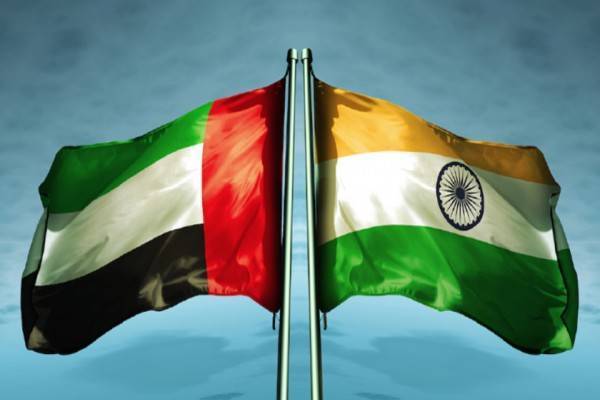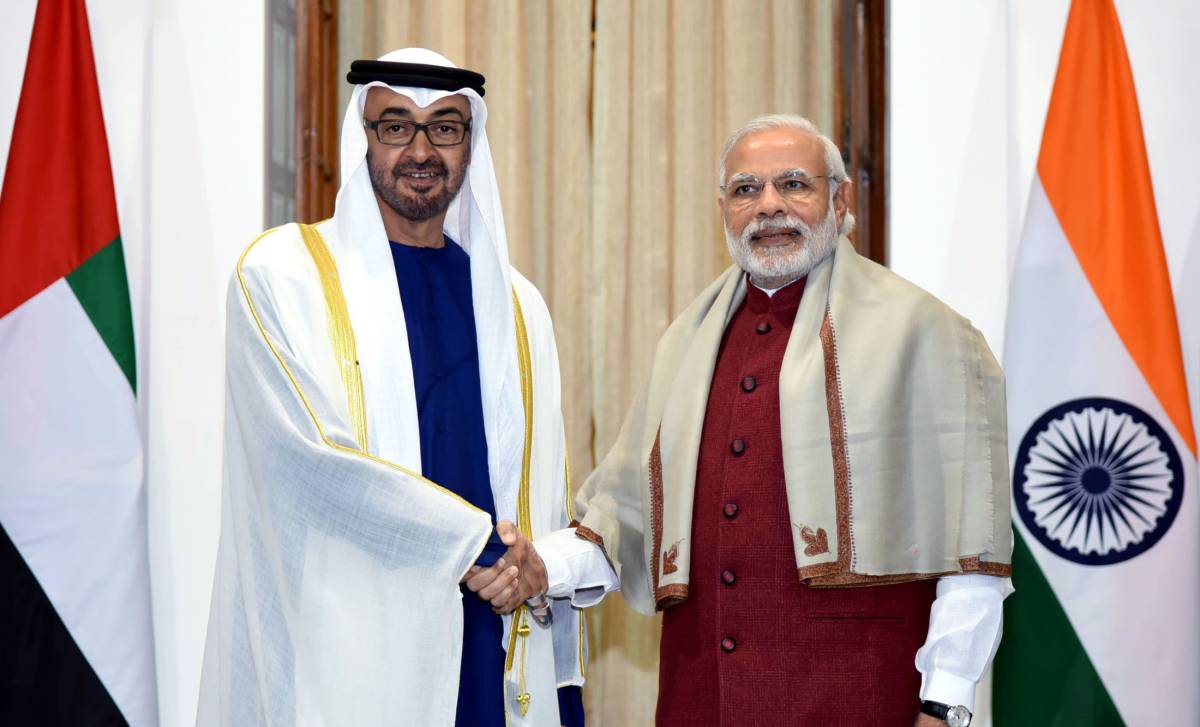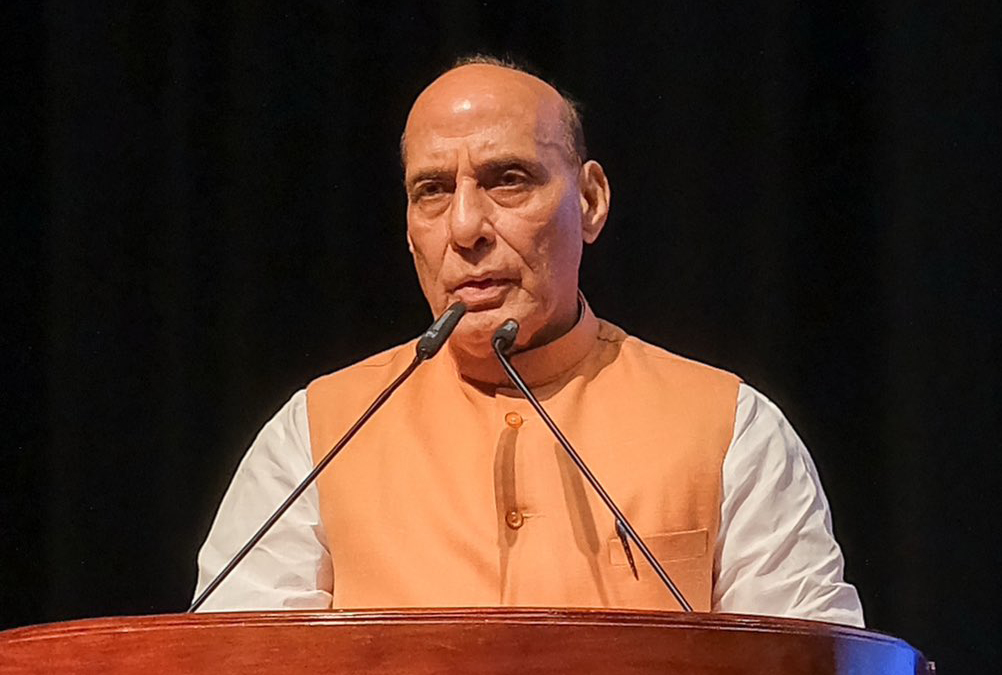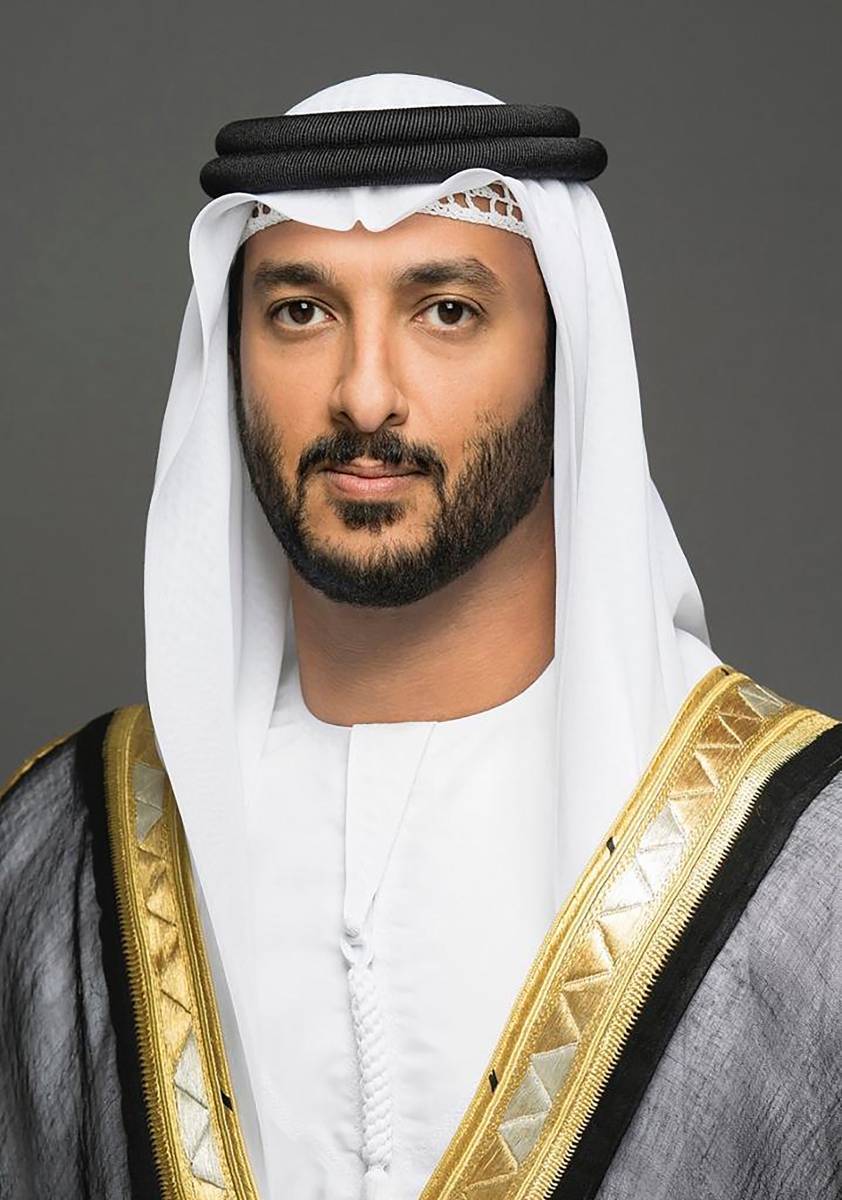Between 2017 and 2021, the United Arab Emirates invested around $6,488.35 million in India, reports Asian Lite Newsdesk
The UAE is the highest contributor to Foreign Direct Investment (FDI) in India from the Gulf region, India’s Minister of State for External Affairs V Muraleedharan told Rajy Sabha, the upper house of country’s Parliament.
Between 2017 and 2021, around $6,488.35 million was invested by the UAE in India, he said.
The UAE is one of the top 10 Foreign Direct Investment (FDI) contributors in India. During the last three years, $5.5 billion FDI came from the Middle East country, The New Indian Express in a report said.
Meanwhile, UAE is important for India from the expat point of view too as nearly 35 lakh Indians live there. Remittances to India from the UAE are high too and have registered a five per cent increase in the recent months say sources, it was reported.
According to the report from the Indian Ministry of External Affairs, major investment into India from Gulf countries is: $6488.55 million from the UAE, $3058.25 million from Saudi Arabia, $223.49 million from Qatar, $181.45 from Bahrain, $109.25 million from Oman and $37.91 from Kuwait.
According to the minister, the Indian migrant workers returning from the ECR countries between June 2020 to December 2021 included 1,52,126 from the UAE, 1,18,064 from Saudi Arabia, 51,206 from Kuwait, 46,003 from Oman and 32,361 from Qatar.

Trade ties
The UAE chose India to sign the first CEPA, which underscores the strategic ties between the two countries. Since the launch of the CEPA programme as part of the ‘Projects of the 50’ initiative, the UAE began talks to sign CEPAs with several countries of strategic importance both regionally and internationally, aiming to sign eight agreements in 2022.
On the annual growth of the trade exchange between the two countries and their targets over the next five years, Abdullah bin Touq Al Marri, Minister of Economy, said the CEPA between the UAE and India will intensify their bilateral trade and add 1.7 per cent, or US$9 billion, to the UAE’s GDP by 2030, increase the UAE’s exports by 1.5 per cent and its imports by 3.8 per cent by 2030.
It will also create some 140,000 jobs for talented people and those with specialist skills in the most promising sectors of the UAE economy by 2030.
On the new areas of cooperation, CEPA offers many advantages, including reducing and cancelling tariffs, widening access to markets, and creating opportunities in vital areas, such as aviation, environment, hospitality, logistics, investment, construction, financial services, and digital trade.

The CEPA will offer numerous advantages for small and medium-sized enterprises (SME) in the private sectors of both countries. It represents a historically strategic step to promote economic integration and cooperation between the two countries and establish a solid foundation that will open new horizons between their business communities.
India is the UAE’s largest trading partner in terms of non-oil exports, equivalent to 14 percent of the country’s total global exports, while the UAE is also India’s third-largest trading partner and accounts for 40 percent of its trade with Arab countries.
The most prominent commodities exported from the UAE to India and the commodities imported from India are mainly gold, diamonds and jewellery, machinery, electrical appliances, petroleum and plastics, and minerals that include iron, steel, and aluminium. The two countries account for more than 16 per cent of the global trade in diamonds, gold and jewellery, and the other country accounts for 20 per cent of their national gold trade.
The figures show that three percent of the UAE’s trade during the Covid-19 pandemic was with India, which is among the 15 most important exporters of food commodities in the world, and the UAE is among the most important recipients of its exports from this commodity group, coming in third place.
India is ranked second in terms of the UAE’s total trade in food commodities and products, and is one of most important suppliers in the UAE’s food commodities market, contributing 10 per cent of the UAE’s total imports of food commodities and products.














